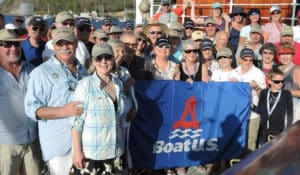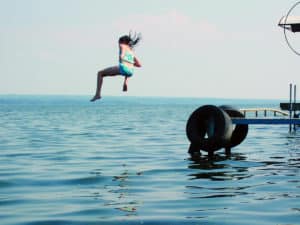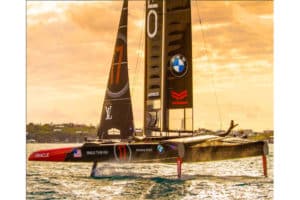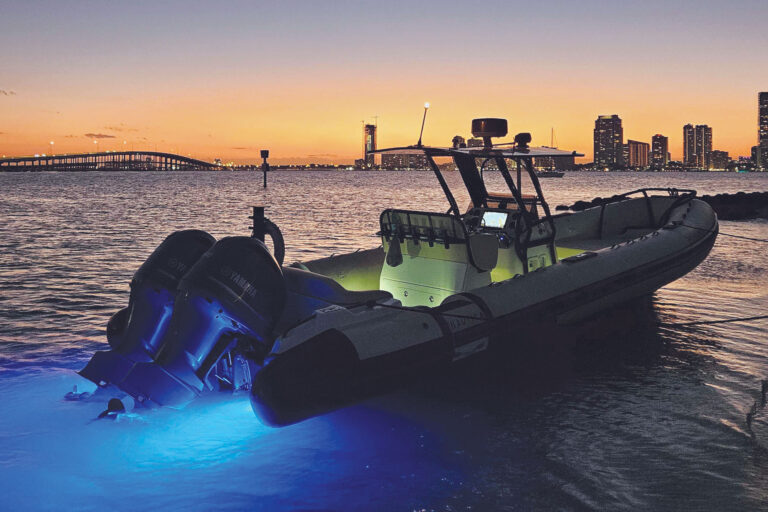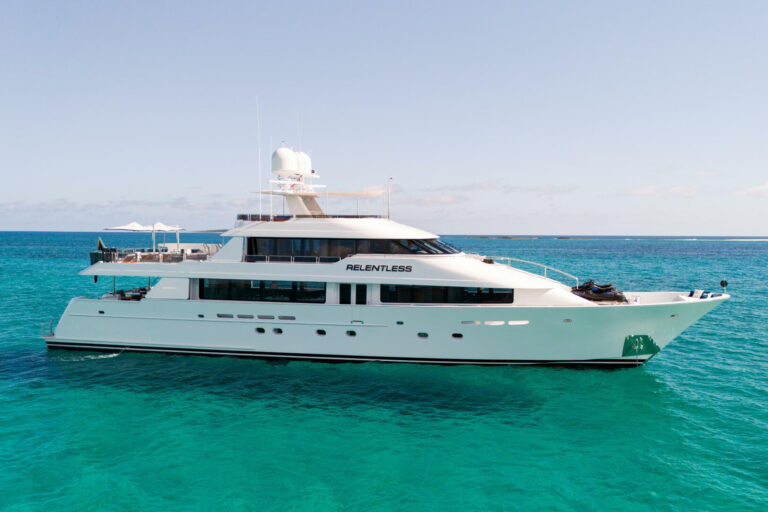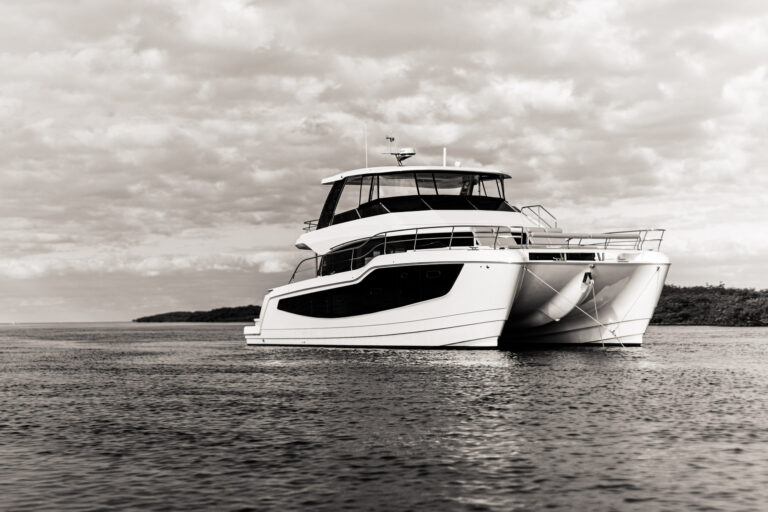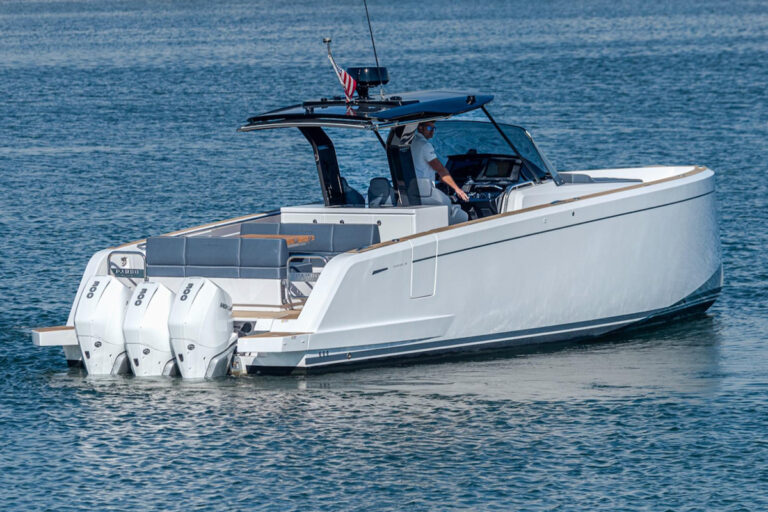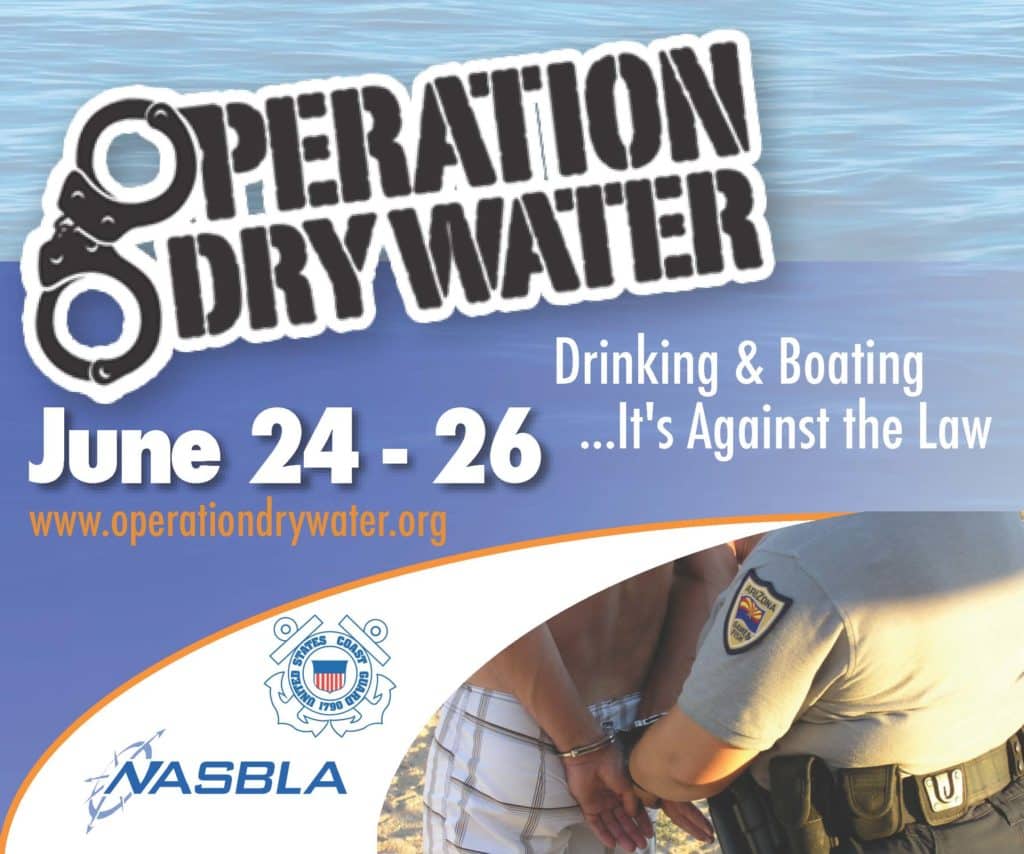
Operation Dry Water
Lexington, Ky. (June 14, 2011) – Marine law enforcement officers from local, state and federal boating agencies will be out in force June 24-26 for Operation Dry Water (ODW), an annual campaign focused on the detection and enforcement of boating under the influence (BUI). A secondary objective is to raise awareness among all boaters that it is unsafe as well as illegal to operate a boat under the influence of drugs and/or alcohol.
More than 17 percent of boating fatalities result from alcohol use. States have gotten tougher in recent years in enforcing laws against this high-risk behavior. Operating a recreational vessel with a blood alcohol concentration of .08 or higher is against federal and most state laws. Boaters caught operating under the influence will find their voyage terminated and their vessel impounded. Additionally, penalties can include arrest, fines, loss of boating privileges, even loss of driving privileges.
As part of this national effort, Operation Dry Water, a multi-agency, education and enforcement initiative launched by the National Association of State Boating Law Administrators (NASBLA) in 2009 in partnership with the U.S. Coast Guard, puts thousands of local, state and federal marine law enforcement officers on the water the weekend before the Fourth of July weekend to give BUI enforcement high visibility before a holiday known for drinking and boating – and deadly accidents.
“We want recreational boaters to have fun on the water, but we intend to exercise zero tolerance for BUI,” says John Fetterman, law enforcement director for NASBLA and national spokesperson for Operation Dry Water.
With the 2011 Operation Dry Water comes a battery of tests that after a three-year study funded through the Sport Fish Restoration and Boating Trust Fund administered by the U.S. Coast Guard, the Southern California Research Institute has validated for marine use and is the basis for a push to implement a National Marine Field Sobriety Test standard. The new battery of testing standards will for the first time, allow marine patrol officers to tests boaters in a seated position and apply a percentage of probability that the subject is impaired at .08 blood alcohol concentration (BAC) or higher.
“With field sobriety tests for use on the water now validated, we hope to be even more effective at stopping intoxicated boaters and to impress upon everyone that operating a recreational vessel while under the influence is too great a risk – to themselves, to their boat, and especially to others,” says Fetterman.
This year, all 56 U.S. states, trusts and territories are expected to participate in Operation Dry Water, educating the public and searching for boat operators whose blood alcohol concentration exceeds the national limit of .08.
For more information on this annual event, visit http://www.operationdrywater.org.
The National Association of State Boating Law Administrators is a national nonprofit organization that works to develop public policy for recreational boating safety. NASBLA represents the recreational boating authorities of all 50 states and the U.S. territories. The organization offers a variety of resources, including training, model acts, education standards and publications. Through a national network of thousands of professional educators, law enforcement officers and volunteers, NASBLA affects the lives of over 83 million American boaters.
The United States Coast Guard is a military, multi-mission, maritime service within the Department of Homeland Security and one of the nation’s five armed services. Its core roles are to protect the public, the environment, and U.S. economic and security interests in any maritime region in which those interests may be at risk, including international waters and America’s coasts, ports, and inland waterways.

